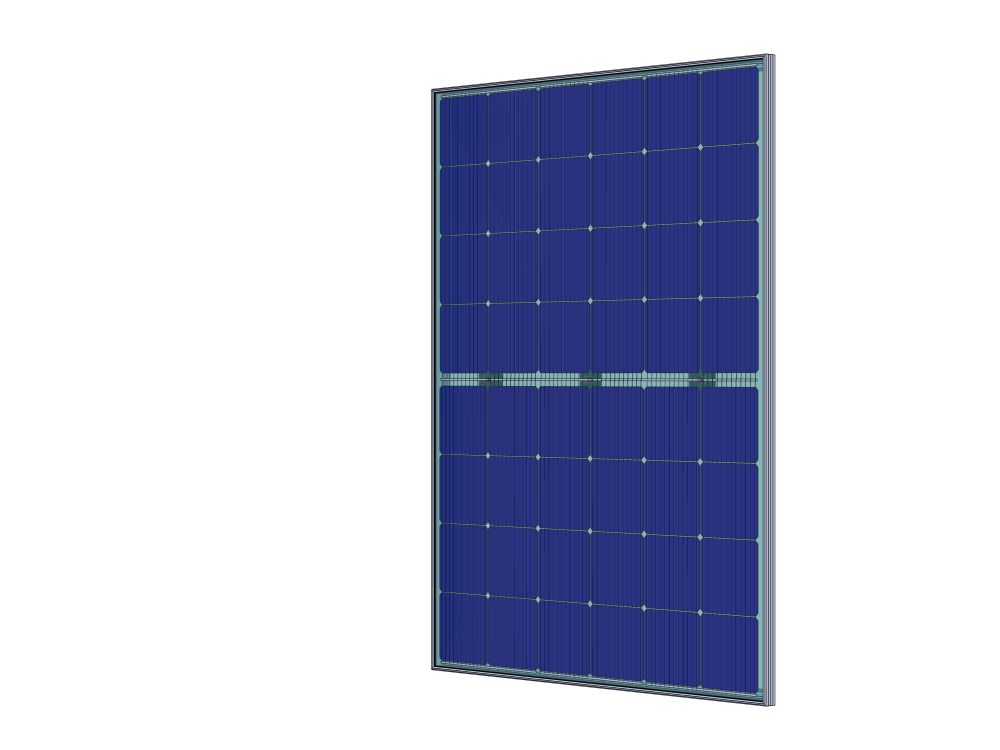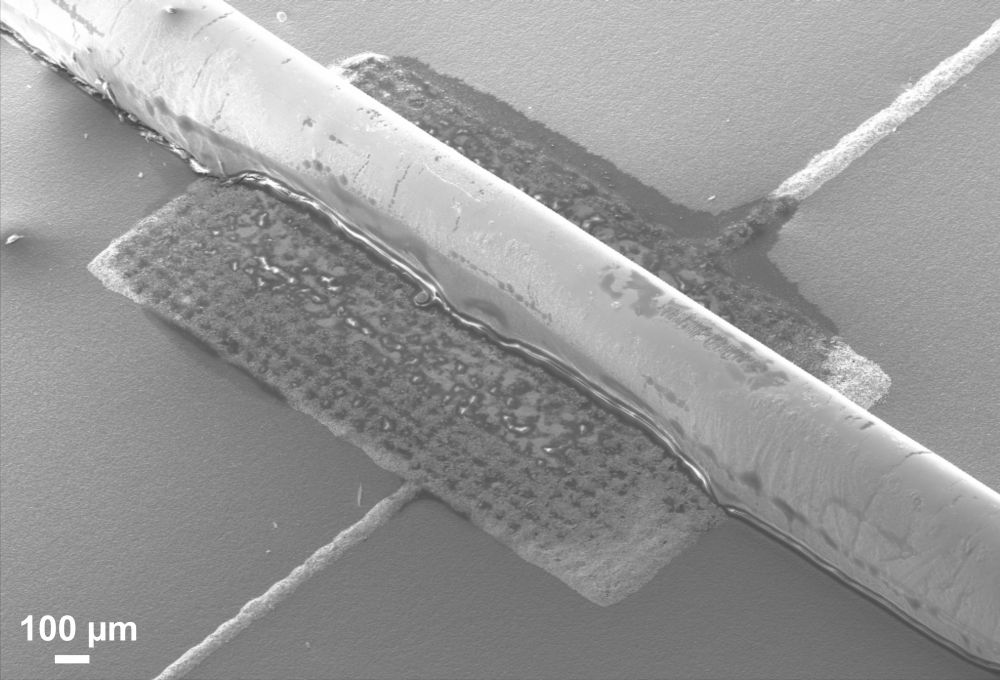| Duration: |
09/2022 - 10/2025 |
| Contracting Authority/ Sponsors: | Federal Ministry of Economic Affairs and Climate Action (BMWK) |
| Project Partners: | Hanwha Q CELLS GmbH, Kömmerling Chemische Fabrik GmbH, Temicon GmbH, ELANTAS Europe GmbH, Epoxy Technology Europe GmbH, Highline Technology GmbH, Solyco Technology GmbH |
| Project Focus: |
MoQa – PV Modules Made From Perovskite Silicon Tandem Solar Cells Based on Q.ANTUM Technology


Q.ANTUM technology from Qcells is being used to develop perovskite-silicon tandem solar cells to elevate them to a higher technological readiness level (TRL) and prepare for industrialization.
The goal is to develop innovative methods such as low-temperature soldering, conductive adhesives, and low-temperature lamination for glass-glass modules. Lead-free cell interconnection improves sustainability and facilitates recycling. The project aims at cost savings, efficiency enhancement, and the development of highly efficient production concepts. The integration of tandem solar cells into modules is being optimized, focusing on innovative interconnection technologies and encapsulation of the tandem cells. Low-temperature soldering and conductive adhesive bonding are key technologies for interconnection as they are lead-free and operate at temperatures below 150 °C.
Process development and examination of the joints in terms of electrical, mechanical, and material science properties are core themes of the project. Encapsulation technologies are being developed, with a focus on moisture exclusion, a lamination process for temperatures below 140 °C, and the selection of suitable encapsulation materials. Long-term stability is another important aspect, particularly the water vapor permeability of the encapsulation, the thermo-mechanical stability of the interconnection technique, and UV resistance.